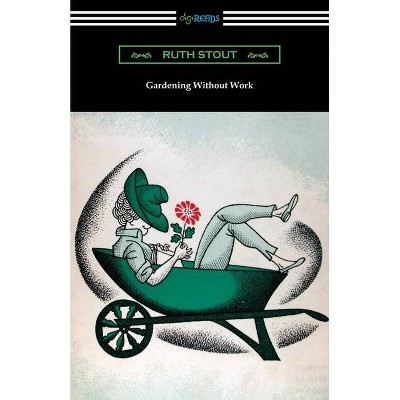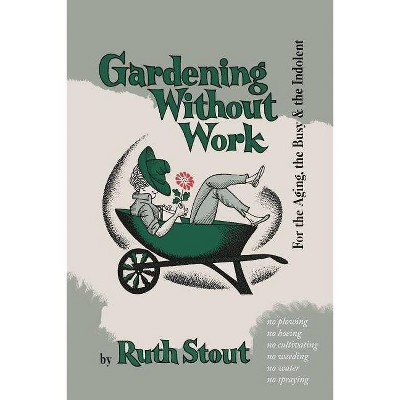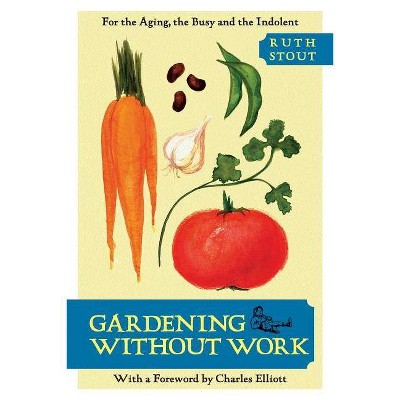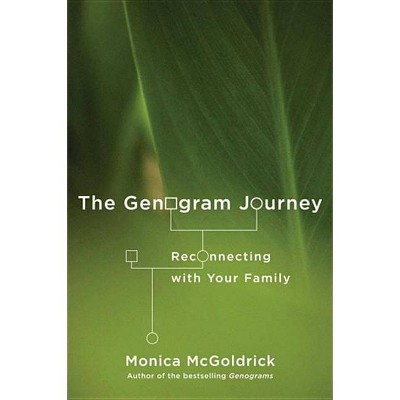More Work for Mother - by Ruth Schwartz Cowan (Paperback)
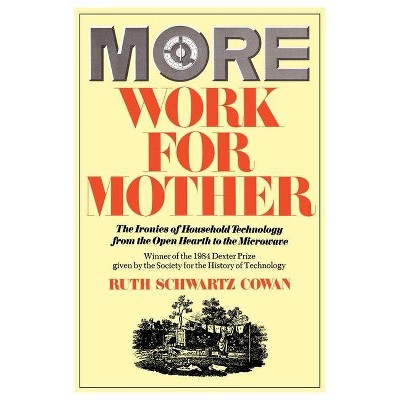
Similar Products
Products of same category from the store
AllProduct info
<p/><br></br><p><b> Book Synopsis </b></p></br></br>In this classic work of women's history (winner of the 1984 Dexter Prize from the Society for the History of Technology), Ruth Schwartz Cowan shows how and why modern women devote as much time to housework as did their colonial sisters. In lively and provocative prose, Cowan explains how the modern conveniences--washing machines, white flour, vacuums, commercial cotton--seemed at first to offer working-class women middle-class standards of comfort. Over time, however, it became clear that these gadgets and gizmos mainly replaced work previously conducted by men, children, and servants. Instead of living lives of leisure, middle-class women found themselves struggling to keep up with ever higher standards of cleanliness.<p/><br></br><p><b> From the Back Cover </b></p></br></br>This book has a dual focus. As its title is meant to suggest, it is a history not just of housework but also of the tools with which that work is done: household technology. Human beings are tool-using animals; indeed, some anthropologists believe that, along with speech,, the ability to use and to refine our tools is precisely what sets us apart from other species of primates.<p/><br></br><p><b> About the Author </b></p></br></br><b>Ruth Schwartz Cowan</b> is associate professor of history at the State University of New York at Stony Brook.
Price History
Price Archive shows prices from various stores, lets you see history and find the cheapest. There is no actual sale on the website. For all support, inquiry and suggestion messages communication@pricearchive.us


